

Dave Kavermann
We're looking for CarExpert.co.nz's lead presenter and car reviewer
1 Hour Ago

News Editor
Nissan still has its work cut out returning to profitability, recording a record loss for the 2020/21 fiscal year.
The Japanese automaker reported an annual operating loss of ¥150.65 billion (A$1.77 billion) for the Japanese fiscal year ending March 31, 2021.
That’s more than triple the loss recorded for the previous fiscal year.
Nissan hasn’t posted an annual profit since the fiscal year ending March 31, 2019.
But it expects to break even for the new fiscal year, while also increasing global retail sales volume by 8.6 per cent.
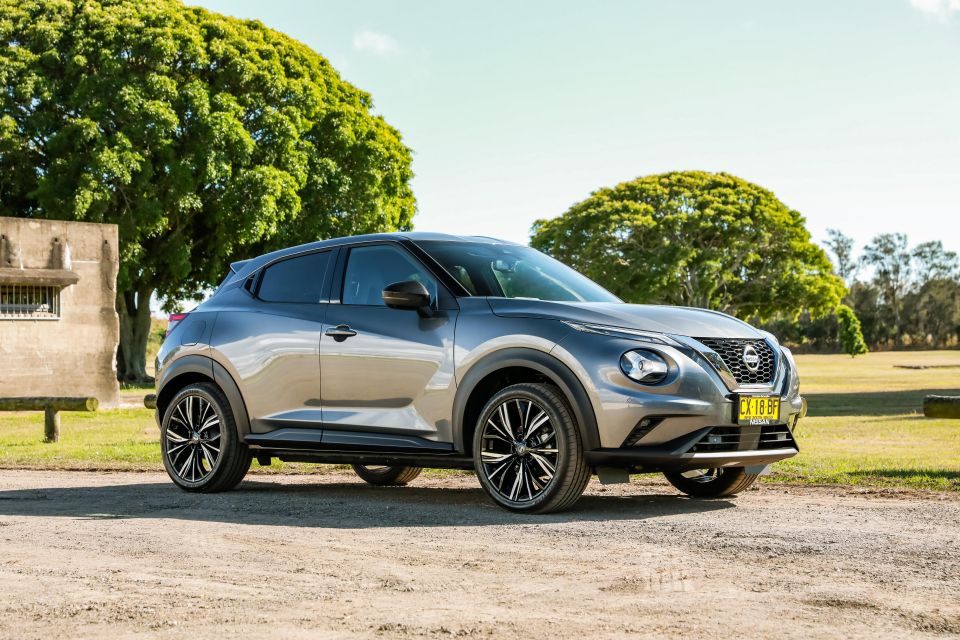
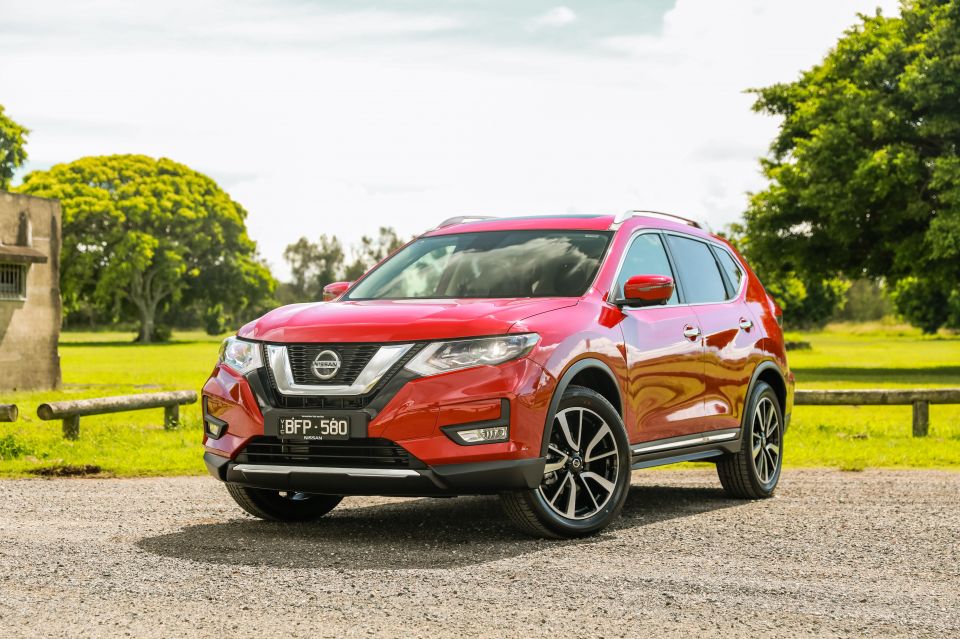

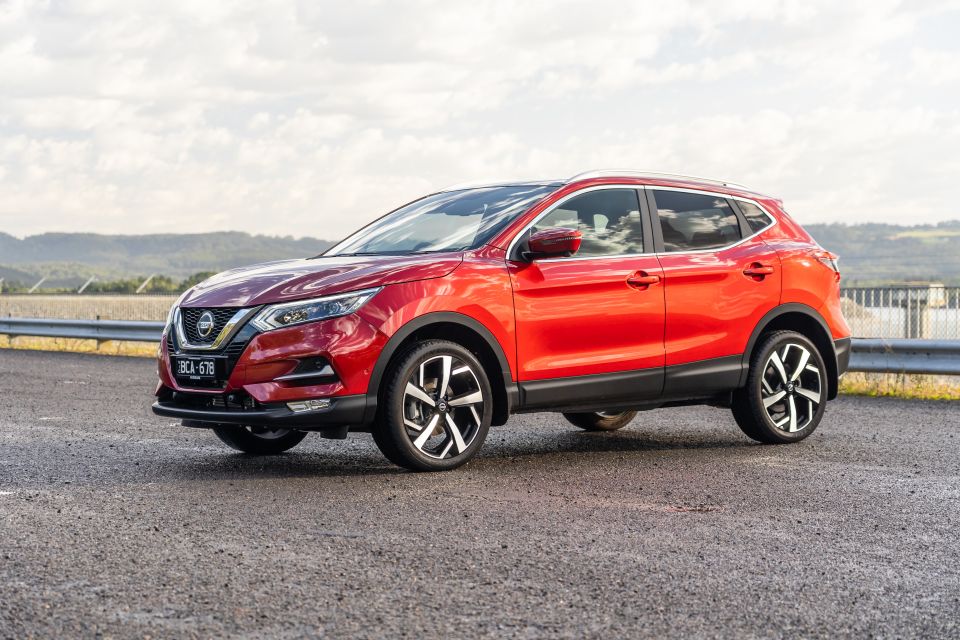
Like most automakers, Nissan production and sales were affected during the fiscal year by both the COVID-19 pandemic and, more recently, a global shortage of semiconductor chips.
Earlier in the fiscal year, Nissan predicted an operating loss of ¥470 billion (A$6.2 billion).
Things started to turn around later in the fiscal year, with sales volumes up significantly in the fourth quarter and sales strong in China.
Nissan also says it’s improved the “quality” of its sales and reduced inventory while improving revenue per unit.
That allowed it to record a 75.8 per cent improvement in operating profit compared to the fourth quarter of the previous fiscal year.
Nissan beat its cost-cutting target, with more than ¥350 billion in fixed cost reductions.

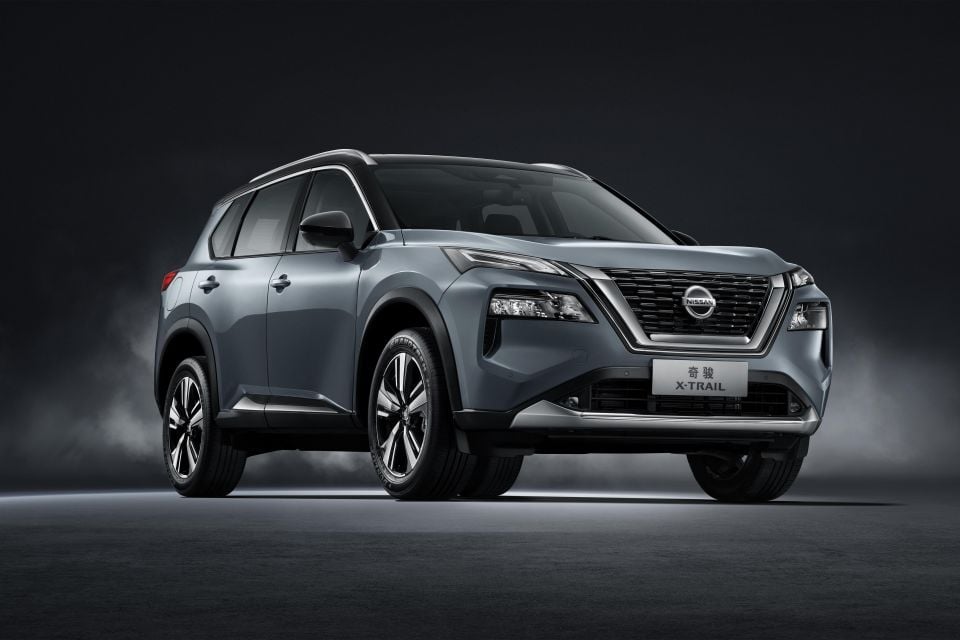
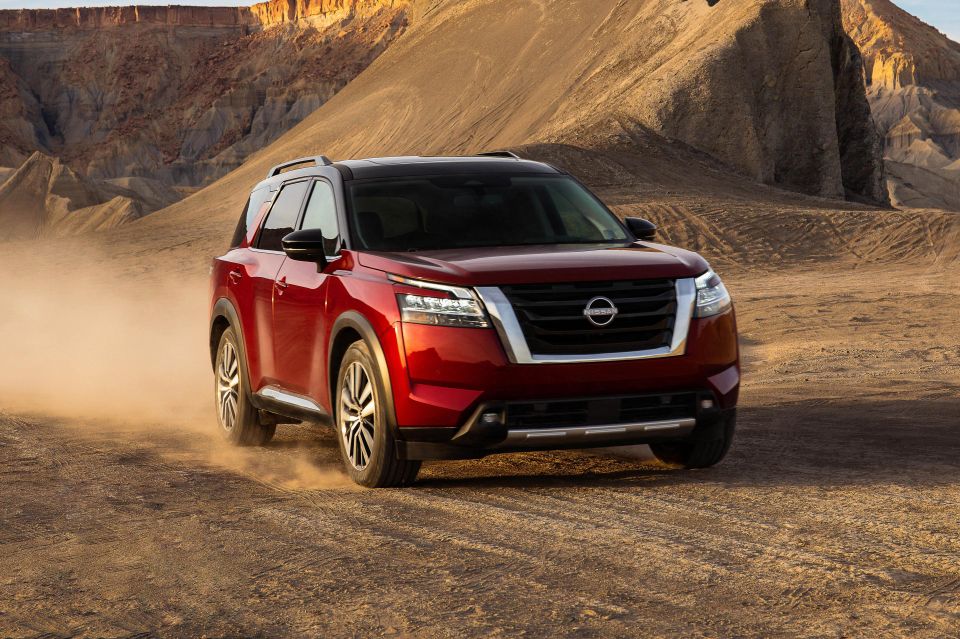
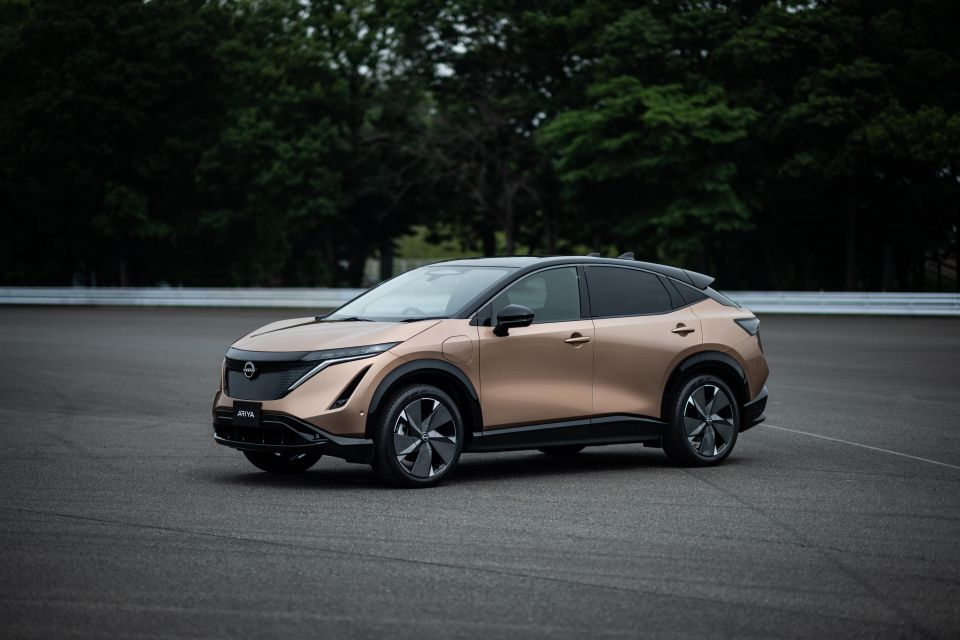
While Nissan has had to pause production of its hot-selling Note in Japan due to the chip shortage, the new Rogue – launching here in 2022 with X-Trail badging – is off to a good start.
Nissan is overhauling its product line-up, with a new Qashqai also due here next year and a redesigned Pathfinder likely to follow.
The company will also introduce its first all-electric SUV, the Ariya. It’s also expected here in 2022 as well.
Under CEO Makoto Uchida and chief operating officer Ashwani Gupta, Nissan rolled out a new four-year plan last year.
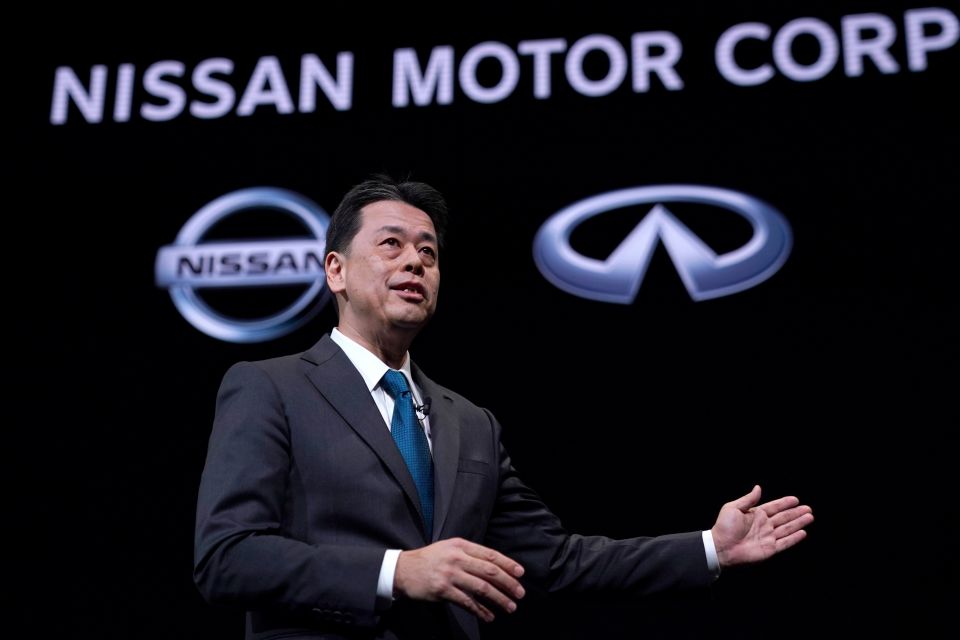
It’s culling its global model range from 69 vehicles to around 55, cutting worldwide production capacity by 20 per cent, closing plants in Spain and Indonesia, and sharing more resources with Alliance partners Renault and Mitsubishi.
The company also plans to cut 300 billion yen (A$3.98 billion) from its fixed costs by March 2024.
Nissan has almost come full circle, with financial results from the years following former chairman and CEO Carlos Ghosn’s tenure looking awfully like those of the years just prior to his appointment.
When Ghosn first took the helm at Nissan, he was credited for righting the ship.
Under his tenure, however, the company pursued an aggressive global expansion and, in markets like the US, a volume-at-all-costs strategy that eroded profit margins. Inordinately long product lifecycles haven’t helped the company, either.
Go deeper on the cars in our Showroom, compare your options, or see what a great deal looks like with help from our New Car Specialists.
William Stopford is an automotive journalist with a passion for mainstream cars, automotive history and overseas auto markets.


Dave Kavermann
1 Hour Ago
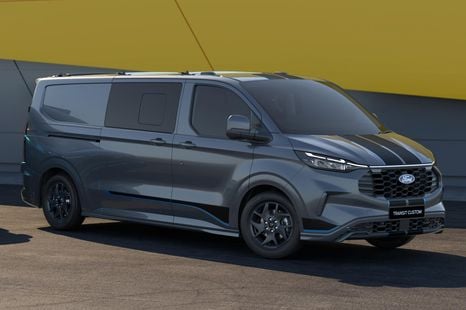

Damion Smy
2 Hours Ago
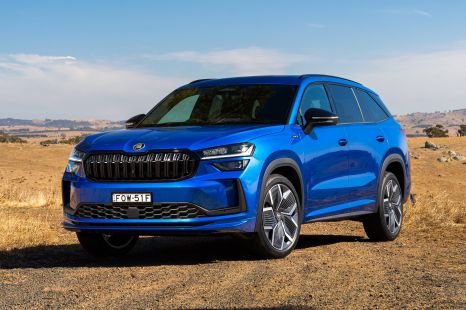

Damion Smy
2 Hours Ago


William Stopford
3 Hours Ago
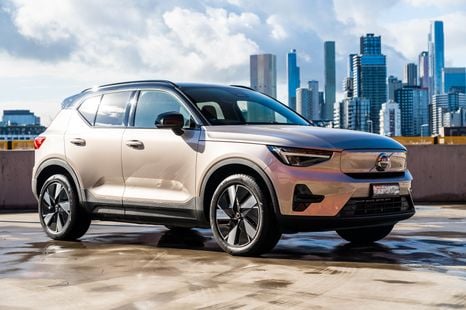

Damion Smy
3 Hours Ago
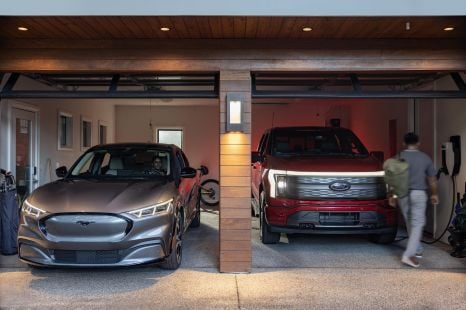

William Stopford
3 Hours Ago
Add CarExpert as a Preferred Source on Google so your search results prioritise writing by actual experts, not AI.